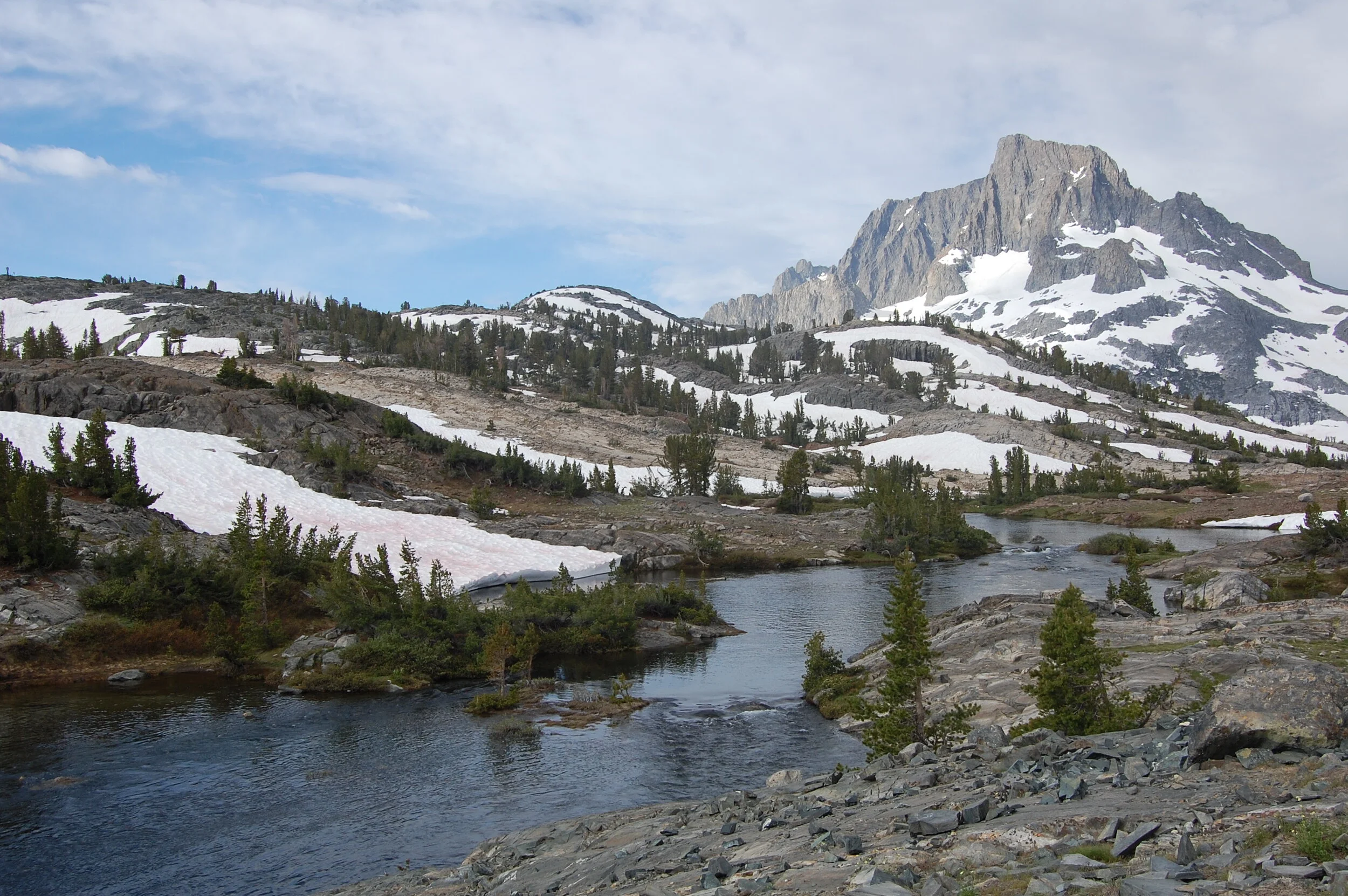Conceptions of Wilderness
The Conceptions of Wilderness Trip was designed as a “car-camping” trip during which students (Grades 9-12) participate in a 10-day/9-night exploration of the intellectual and ecological history of “wilderness” as an idea in America. This trip was designed to guide students through a multidisciplinary curriculum addressing Life/Earth Science, American Literature, and US History, ultimately inviting students to consider how cultural norms shape our conception of wilderness and environmental ethics.
Students travel down US 395 from Lake Tahoe to Mt. Whitney to Death Valley and back, participating in a series of day-hikes to visit federally protected Wilderness Areas in the stunning Eastern Sierra.
Day 1: What does “wilderness” mean to me?
Day 2: Europeans and Colonists [Pre-1776] (Carson-Iceberg Wilderness)
Day 3: Westward Expansion [1776-1865] (Hoover Wilderness)
Day 4: Wilderness Intellectualism [1866-1900] (Ansel Adams Wilderness)
Day 5: Conservation vs. Preservation [1901-1960] (John Muir Wilderness)
Day 6: Modern Environmentalism [1961-2021] (Golden Trout Wilderness)
Day 7: Native American Perspectives (Death Valley Wilderness)
Day 8: Non-Western Perspectives (Owens River Headwaters Wilderness)
Day 9: The Future of Wilderness (Desolation Wilderness)
Day 10: What does “wilderness” mean to me?
In addition to completing daily reading and reflection activities and wilderness hikes, students work in teams to complete daily tasks (e.g., cooking, cleaning, planning evening activities) and participate in mindfulness exercises. The trip culminates in a closing bonfire during which participants discuss how their relationship with the concept of wilderness has evolved since their exploration began. Among the scholarly resources used during this program is Roderick Nash’s definitive work on the topic, Wilderness and the American Mind.
What do you want to explore?
Climate change?
Fire ecology?
Nature writing?
Geological history?
Research methods?
Sierra STEM works directly with educational partners to build custom Experiential Learning programs to fit your needs.


